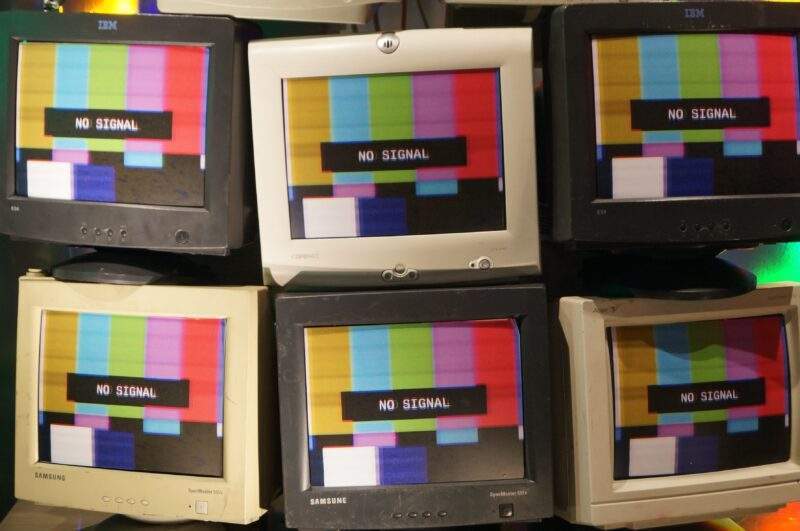Electronic devices, such as smartphones, computers, and televisions emit blue light. It is called blue light because of its short, high-energy blue wavelength. Blue light is important during the day as it helps to regulate our circadian rhythm, but at night, it can interfere with our sleep patterns. In this article, we will explore the impact of blue light on sleep and what you can do to protect yourself.
How does blue light affect sleep? The human body is programmed to respond to light and dark in a specific way. During the day, blue light stimulates our brains and helps to keep us alert and awake. At night, it disrupts our circadian rhythm and suppresses the release of melatonin, the hormone that helps us to sleep. As a result, exposure to blue light at night can lead to insomnia, sleep deprivation, and other sleep problems.

How to reduce exposure to blue light: To reduce exposure to blue light and protect your sleep, you can follow these simple steps:
- Limit screen time before bed: Avoid using electronic devices for at least an hour before bedtime.
- Use blue light blocking filters: Many electronic devices have blue light blocking filters that can be activated during the night to reduce exposure to blue light.
- Wear blue light blocking glasses: Blue light blocking glasses are designed to protect your eyes from exposure to blue light. They are especially useful for people who work with computers or other electronic devices for extended periods.
- Adjust your lighting: During the evening, switch to warm light sources, such as lamps or candles, which emit less blue light than electronic devices.
Blue light is a type of light that has both positive and negative effects on our health. During the day, it helps to regulate our circadian rhythm and keep us alert and awake. At night, however, it can interfere with our sleep patterns and lead to sleep problems. By reducing exposure to blue light, you can protect your sleep and enjoy the many benefits of a good night’s rest.

